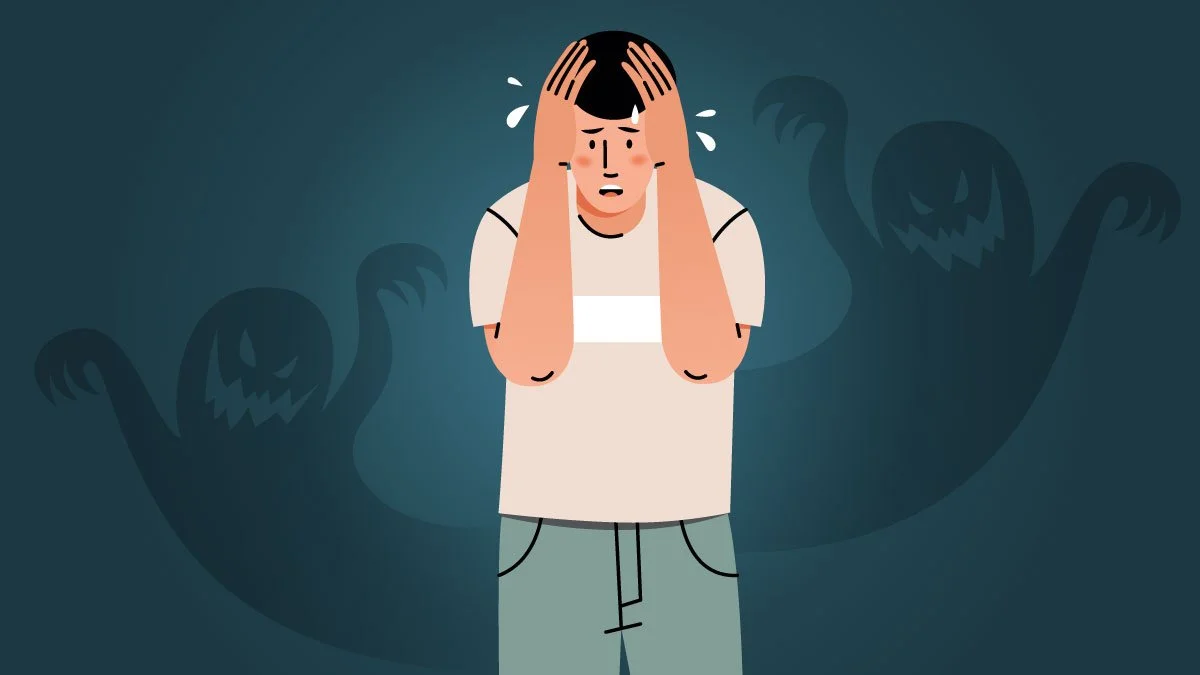The Role of Society and Culture in Shaping Men’s Mental Health
Mental health, once a topic swept under the carpet, has now emerged as a critical global health issue. Men’s mental health, in particular, presents unique concerns often linked to societal and cultural expectations. According to the World Health Organization, the global suicide rate is remarkably higher among men, with an estimated 3.5 times more suicides reported in men than women in high-income countries.
The Masculinity Norm and Men's Mental Health
At the heart of men's mental health struggles is the traditional societal construct of masculinity. Many cultures around the world champion the 'stoic' male archetype – men are expected to be strong, self-reliant, and emotionally unshakeable. This unyielding 'masculinity norm' can have devastating consequences for men’s mental health.
An American Psychological Association study highlights that men adhering strictly to masculine norms tend to have poorer mental health and are less likely to seek psychological help. Check out the full study here.
The Impact of Stigmatization and Stereotyping
The social stigma attached to mental health disorders is another significant barrier to men's mental health care. Men are often hesitant to discuss their mental health issues due to fear of judgment, discrimination, or even ridicule. Stereotypes that label men as 'weak' or 'less manly' for admitting to mental health struggles add to this problem, further perpetuating a vicious cycle of silence and suffering.
The National Institute of Mental Health provides comprehensive resources on men's mental health and the consequences of these societal stereotypes.
Culture's Role in Men's Mental Health
Cultural norms and values also play a critical role in shaping men's mental health. In many cultures, discussing emotions or seeking help is seen as a sign of weakness, especially for men. For example, within the Asian and Hispanic communities, traditional values of stoicism and familial honor can often dissuade men from seeking help.
Cultures that strongly enforce gender roles tend to exacerbate men's mental health issues by discouraging emotional openness. Mental Health America offers more insight into these cultural implications and provides resources for diverse communities.
Culture's Role in Men's Mental Health
Cultural norms and values also play a critical role in shaping men's mental health. In many cultures, discussing emotions or seeking help is seen as a sign of weakness, especially for men. For example, within the Asian and Hispanic communities, traditional values of stoicism and familial honor can often dissuade men from seeking help.
Cultures that strongly enforce gender roles tend to exacerbate men's mental health issues by discouraging emotional openness. Mental Health America offers more insight into these cultural implications and provides resources for diverse communities.
Societal Shifts and Men's Mental Health
While the situation may seem bleak, it's worth noting that society is beginning to acknowledge and address men's mental health issues. There's an increasing shift towards dismantling toxic masculinity, challenging gender stereotypes, and promoting emotional expression among men.
Movements like #Movember are making strides in increasing awareness and changing attitudes towards men's mental health. Mental health initiatives in workplaces, schools, and communities are helping to create safe spaces for men to discuss and seek help for their mental health issues.
Conclusion: Fostering a Culture of Acceptance and Understanding
The role of society and culture in shaping men's mental health is complex and multi-faceted. It requires ongoing conversations, education, and awareness to de-stigmatize mental health and redefine 'masculinity' norms. The journey may be long and challenging, but every step taken is a stride towards fostering a culture of acceptance and understanding, where men feel supported and empowered to take charge of their mental health.
Remember, it's okay not to be okay, and seeking help is not a sign of weakness but strength. The National Alliance on Mental Illness provides a wealth of information and resources for those seeking help.


